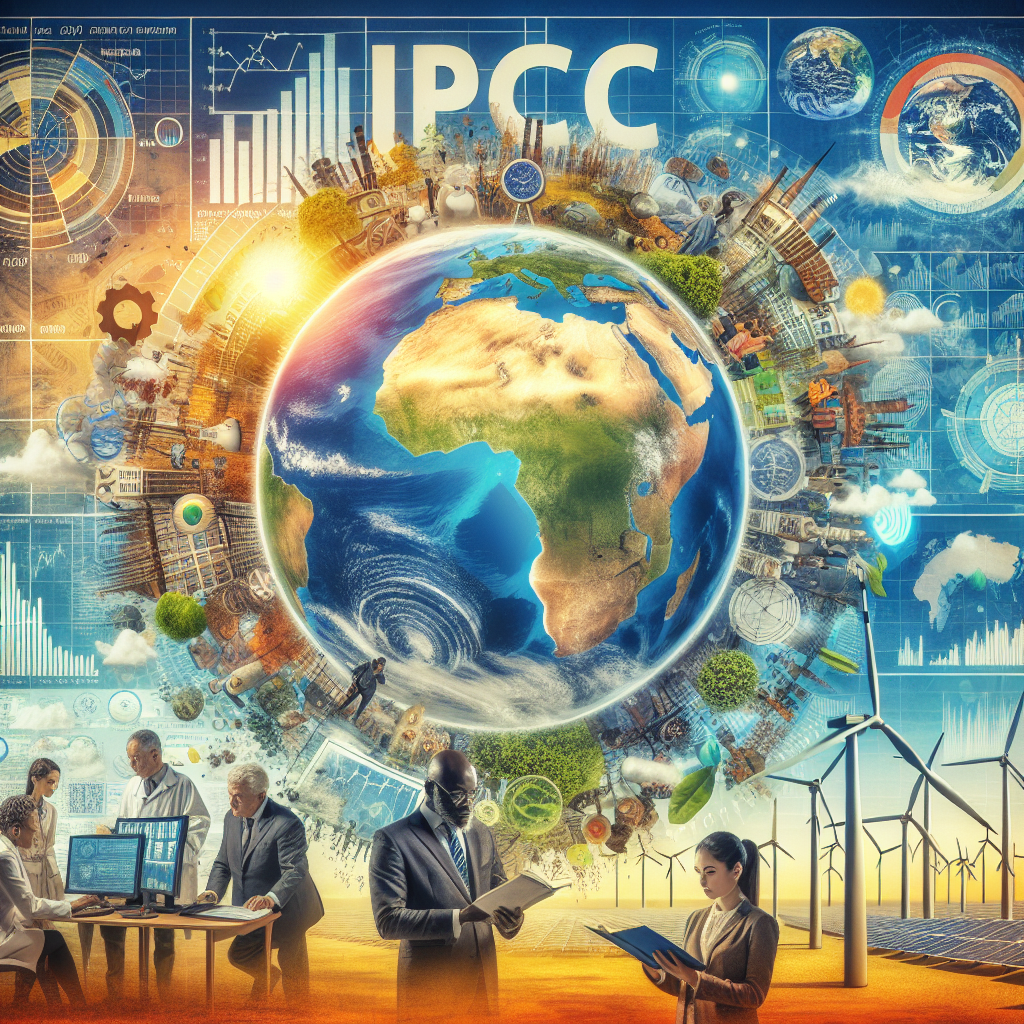IPCC's Political Struggles in Climate Report Approvals
The UN's climate advisory group, IPCC, is grappling with political divisions as it plans its next assessment cycle. These tensions highlight the intertwining of climate science with political agendas, especially evident in report approvals and international climate negotiations. Developing countries face representation challenges in the IPCC, affecting their influence on climate policy.

The UN's climate advisory group, the Intergovernmental Panel on Climate Change (IPCC), is facing political tensions as it plans its next round of reports. Meeting in Bulgaria until August 2, the group aims to establish a timeline for its seventh assessment cycle, crucial for the 2028 global stocktake on climate change.
Political struggles, including disagreements over report wording and government influences, are well-known within the IPCC. The organization's increasing success in disseminating climate knowledge has brought it deeper into climate politics, complicating report approvals and the decision-making process.
Representation issues also persist, with developing countries underrepresented due to economic barriers. These nations view climate change as a development issue and their limited participation in the IPCC impacts their influence on global climate policy. The upcoming decisions in Bulgaria will be critical for the IPCC's future role in international climate negotiations.
(With inputs from agencies.)










